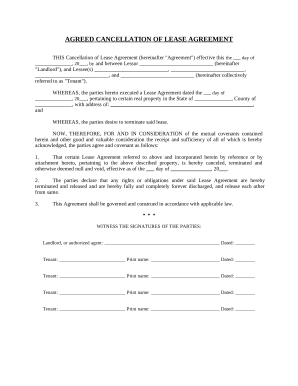
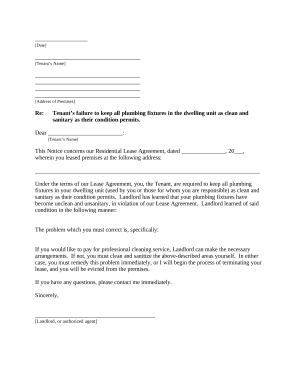
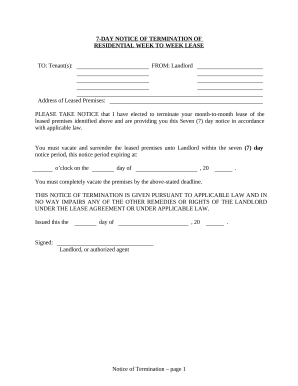
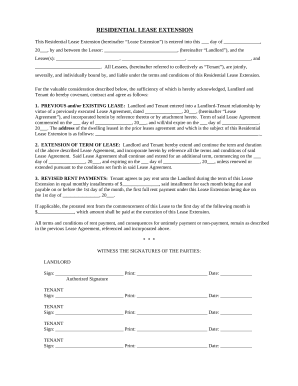
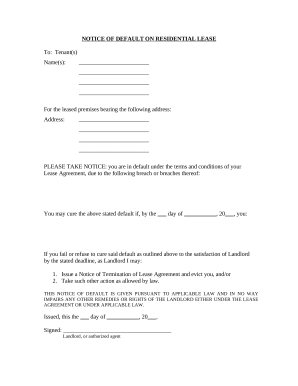
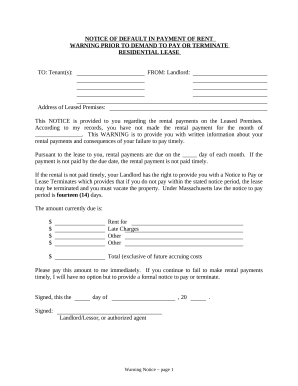
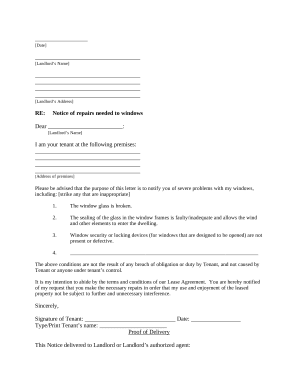
Boost your form management with the Legal Forms for Landlord Tenant Disputes library with ready-made document templates that meet your requirements. Get the form template, alter it, fill it, and share it with your contributors without breaking a sweat. Start working more effectively with the documents.
The best way to manage our Legal Forms for Landlord Tenant Disputes:
Explore all the opportunities for your online file administration using our Legal Forms for Landlord Tenant Disputes. Get a free free DocHub profile right now!